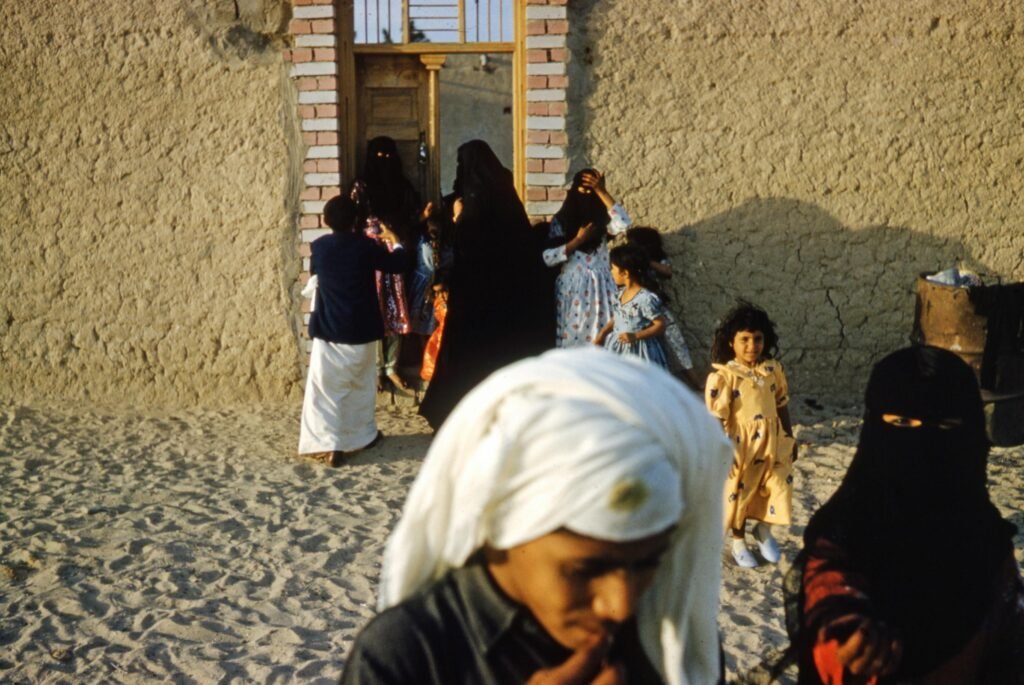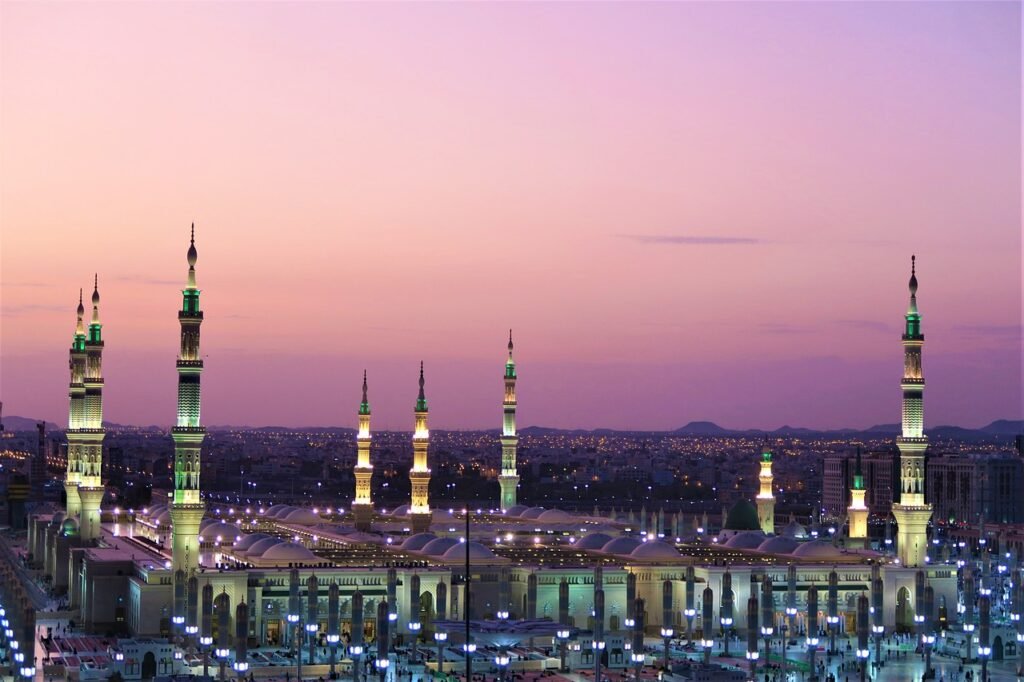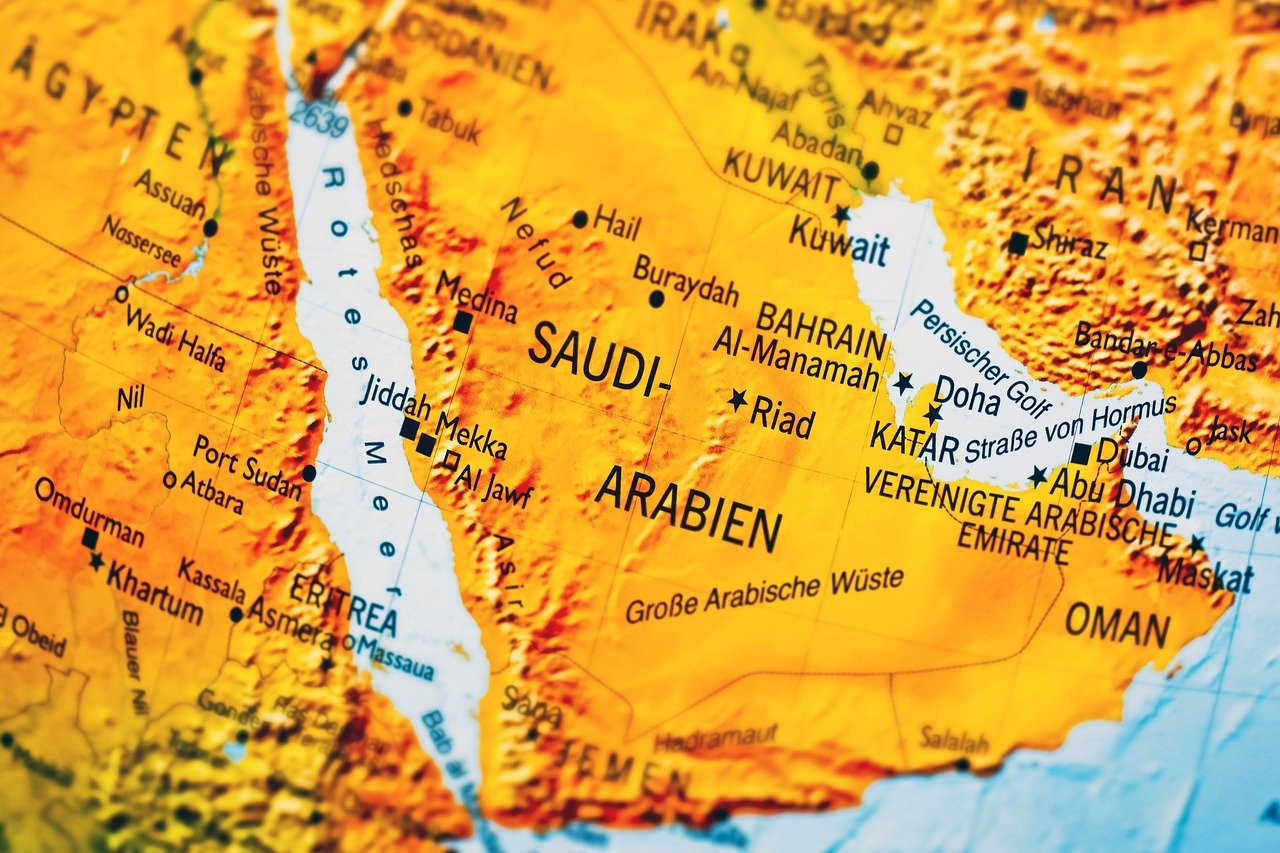Saudi Arabia, a land of rich history, deep-rooted traditions, and rapid modernization, offers a unique blend of ancient culture and contemporary lifestyle. As the birthplace of Islam and home to two of its holiest cities, Mecca and Medina, Saudi Arabia attracts millions of visitors each year for religious and professional purposes. Whether you’re an expatriate, a traveler, or someone curious about the Kingdom, understanding the nuances of life in Saudi Arabia is essential to fully appreciate what this fascinating country has to offer.

1. Cultural Etiquette and Traditions of Saudi Arabia
Saudi Arabia has a deeply rooted cultural heritage and traditions influenced by Islamic principles. Respect for local customs is crucial when living or visiting the country. Men and women are expected to dress modestly, with women typically wearing an abaya in public, though recent reforms have eased this requirement for foreigners. Public displays of affection are discouraged, and interactions between men and women in public spaces are often formal.
- Greetings: A handshake or a nod is common for men. Women and men may avoid direct physical contact in professional or casual settings.
- Hospitality: Saudis are known for their generosity. It’s customary to accept coffee or tea when offered.
- Social interactions: Family is central to Saudi culture, and respect for elders is deeply ingrained.
- Gender segregation: Many public places, such as restaurants and schools, may have separate sections for men and women.
2. Climate and Weather Conditions

Saudi Arabia experiences an arid desert climate, with extremely hot summers and mild winters. Rainfall is scarce and sporadic, and sandstorms are common in certain regions.
- Summer temperatures can exceed 50°C (122°F) in some areas.
- Winter months (November to February) are more pleasant, with temperatures ranging from 14°C to 30°C (57°F to 86°F).
- Coastal areas like Jeddah have high humidity levels, while Riyadh and the central region are dry.
- Occasional rainfall occurs mostly during the winter.
- Staying hydrated and avoiding outdoor activities during peak hours in summer is essential.
3. Legal and Social Rules
Saudi Arabia has a legal system based on Islamic law (Sharia). Laws are strictly enforced, and understanding the country’s rules is crucial for residents and visitors.
- Alcohol and drugs are strictly prohibited, with severe penalties for possession or consumption.
- Public behavior: Avoid loud or disrespectful behavior in public spaces.
- Photography: Taking photos of government buildings, military sites, or people without permission is not allowed.
- Religious practices: Non-Muslims are prohibited from proselytizing or displaying religious symbols publicly.
- Cyber laws: Criticism of the government or religion on social media is punishable by law.
4. Expat Life and Communities
Saudi Arabia hosts a large expatriate population, with many people working in industries like oil, healthcare, and education. Expats often live in compounds that offer a more relaxed environment compared to traditional Saudi neighborhoods.
- Compounds: These gated communities often provide amenities like pools, gyms, and international schools.
- Social life: Expats organize meetups, events, and clubs based on shared interests.
- Language barrier: While English is widely spoken in professional settings, learning basic Arabic can help with daily interactions.
- Work culture: Offices follow a Sunday-to-Thursday workweek, with Friday being the main day of rest.
5. Work Environment and Labor Laws
The Saudi work environment is diverse, with both locals and expatriates contributing to the economy. Understanding labor laws and workplace norms is vital for a smooth experience.
- Employment contracts: Ensure your contract specifies salary, benefits, and conditions.
- Working hours: The standard workweek is 48 hours, with reduced hours during Ramadan.
- Iqama (residency permit): Your employer is responsible for obtaining and renewing your iqama.
- End-of-service benefits: Expats are entitled to gratuity pay based on their length of service.
- Saudization (Nitaqat): Companies must meet quotas for hiring Saudi nationals, which can impact expat job opportunities.
6. Cost of Living and Housing
The cost of living in Saudi Arabia varies depending on the city and lifestyle. Riyadh and Jeddah are more expensive, while smaller cities are more affordable. we have details blog post on cost of living in Saudi Arabia .
- Housing: Rental prices for apartments and villas vary, with compounds being more expensive.
- Utilities: Electricity and water costs are relatively low, but air conditioning can increase expenses in summer.
- Groceries: Local markets are affordable, while imported goods are pricier.
- Healthcare: Expats are required to have health insurance, which often covers most medical costs.
- Transportation: Owning a car is common, as public transportation is limited in many areas.
7. Transportation and Driving
Driving is the most common mode of transportation in Saudi Arabia, as public transport is still developing in most cities.
- Driving license: Expats need a Saudi driving license to drive legally.
- Roads: Saudi roads are well-maintained, but traffic can be challenging, especially in major cities.
- Public transport: Metro systems are available in Riyadh and under development in other cities.
- Ride-hailing apps: Services like Uber and Careem are widely used.
- Fuel costs: Gasoline is affordable compared to many countries.
8. Food and Cuisine
Saudi cuisine is rich and diverse, with traditional dishes like kabsa (spiced rice with meat) being a staple. The country also offers a variety of international cuisines.
- Local dishes: Mandi, mutabbaq, samosas, and Arabian coffee with dates are popular.
- Dining customs: Meals are often communal, and eating with the right hand is customary.
- Restaurants: Options range from street food vendors to high-end dining establishments.
- Grocery shopping: Hypermarkets like Carrefour and Lulu provide local and imported products.
- Dietary restrictions: Pork and alcohol are prohibited.
9. Language and Communication
Arabic is the official language, but English is widely spoken in urban areas and professional environments. Learning basic Arabic phrases can enhance daily interactions.
- Common phrases: Greetings like “Salam Alaikum” (peace be upon you) and “Shukran” (thank you) are appreciated.
- Signage: Most road signs and public notices are bilingual (Arabic and English).
- Business communication: English is often used in multinational companies.
- Local dialect: The Saudi dialect may differ from Modern Standard Arabic, but locals appreciate attempts to speak their language.
10. Religious Practices and Daily Life

Islam shapes daily life in Saudi Arabia, with prayer times observed five times a day. The country’s culture revolves around Islamic traditions and holidays.
- Prayer times: Shops and businesses close temporarily during prayer times.
- Friday: The holy day of the week, with many businesses closed in the morning.
- Ramadan: A significant month of fasting, where working hours are reduced, and restaurants operate only after sunset.
- Hajj and Umrah: Pilgrimages to Mecca are central to Islamic life, attracting millions of visitors annually.
- Public holidays: Eid al-Fitr and Eid al-Adha are major celebrations with public festivities and time off work.
Living in Saudi Arabia is a unique experience shaped by its rich culture, traditions, and rapid modernization. While the country has its own set of rules and customs, it offers immense opportunities for personal and professional growth. From the breathtaking landscapes to the warm hospitality of its people, Saudi Arabia has something to offer everyone. By understanding the cultural norms, legal framework, and lifestyle, you can make the most of your time in the Kingdom and gain a deeper appreciation of this fascinating nation.



